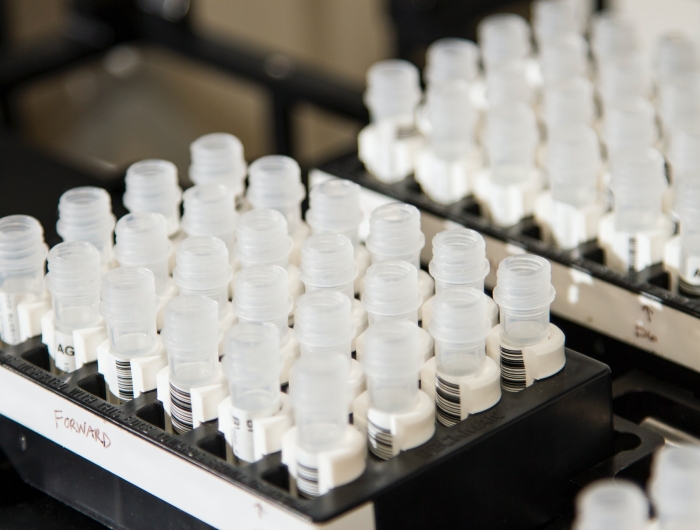House panel to discuss FDA proposal to regulate lab-developed tests

National Cancer Institute - unsplash.com.
Last year FDA proposed better regulation of diagnostic tests as more and more are produced
A key House subcommittee is holding a hearing today to discuss the Food and Drug Administration’s proposal to regulate laboratory-developed tests (LDTs). If finalized, FDA’s proposed rule would clarify its intent to regulate these increasingly common tests, which have eluded the agency's scrutiny for half a century.
Supporters of FDA’s proposed rule, including the nonprofit Center for Science in the Public Interest, say that the agency’s proposal would address a major regulatory gap and ensure that patients and doctors are getting accurate and clinically meaningful results.
The 1976 Medical Device Amendments to the Federal Food, Drug, and Cosmetic Act gave FDA the authority to regulate all diagnostic tests, regardless of where and by whom they are manufactured. When that law was passed, the agency chose not to use its authority to regulate tests developed and used in a single laboratory, primarily because such tests were simple and used on a small number of patients. Over time, however, lab-developed tests have grown in complexity and number.
Reliable LDTs are critical as false-negative results can lead to undertreatment and false-positive results can lead to unnecessary treatment. Both scenarios are harmful to patients and costly to the healthcare system. Unfortunately, numerous examples of inaccurate tests have been identified by FDA, academics, and the media. Many of these are used in the diagnosis or treatment of serious conditions like COVID-19, heart disease, and cancer, and have caused patients demonstrable harm, according to CSPI.
Absent FDA regulation, laboratories performing clinical tests, including LDTs, are regulated by the Centers for Medicare and Medicaid Services (CMS) under the Clinical Laboratory Improvement Amendments. However, CMS review focuses on laboratory operations rather than test performance. FDA oversight would be much more comprehensive and include review of device effectiveness, manufacturer claims, labeling, and adverse event reporting. Even CMS agrees that FDA has the authority to regulate LDTs and the expertise to do so.
Over a decade has elapsed since FDA proposed regulating LDTs in a 2014 draft guidance that was never finalized due to pressure from industry and Congress. In the years since, Congress has repeatedly failed to pass legislation that would establish a risk-based regulatory framework for these tests.
“In a Capitol frozen by legislative gridlock, claiming that Congress will ‘get it done this time’ is not an adequate response to this serious and growing problem,” said CSPI president Dr. Peter G. Lurie. “FDA has the clear authority and the will to close this huge gap in its reach with a risk-based approach to regulating these critical products.”
Lurie, a former FDA associate commissioner, while at the agency was the lead author of a 2015 report on the public health costs of poor quality LDTs.
CSPI has advocated for the Verifying Accurate Leading-edge IVCT Development (VALID) Act, which would offer a comprehensive regulatory framework for diagnostic tests, including LDTs.
“CSPI supports FDA’s efforts to regulate lab-developed tests through rulemaking,” Lurie said. “Patients have waited long enough for an assurance that they can rely on the results of their clinical tests. If Congress will not act, FDA must.”
The hearing, at 10:00 a.m. EDT, is before the House Energy and Commerce Committee’s Subcommittee on Health.
# # #
Tags
Topics
Contact Info: Lisa Flores, 202-777-8368 or Jeff Cronin, 202-777-8370

